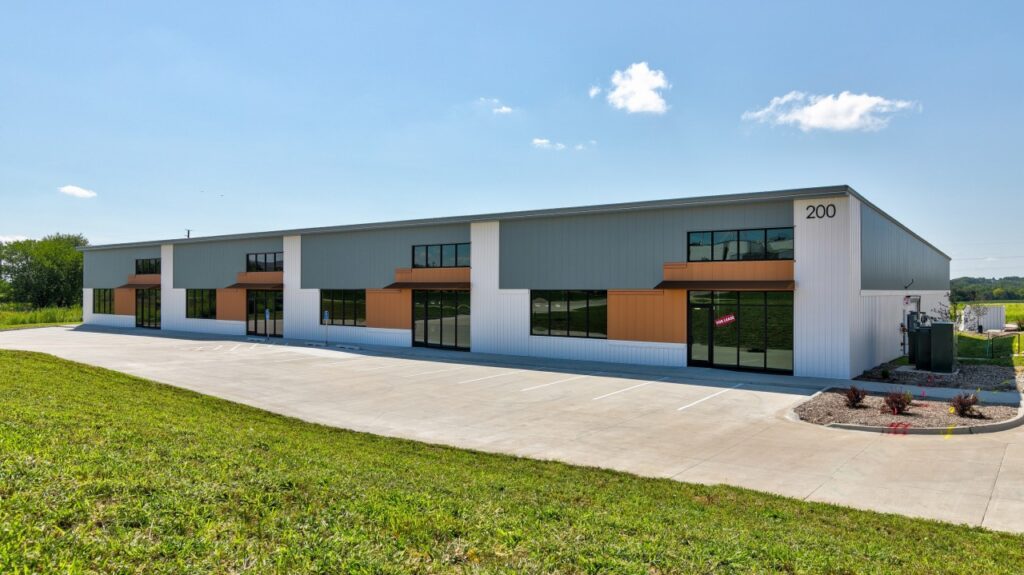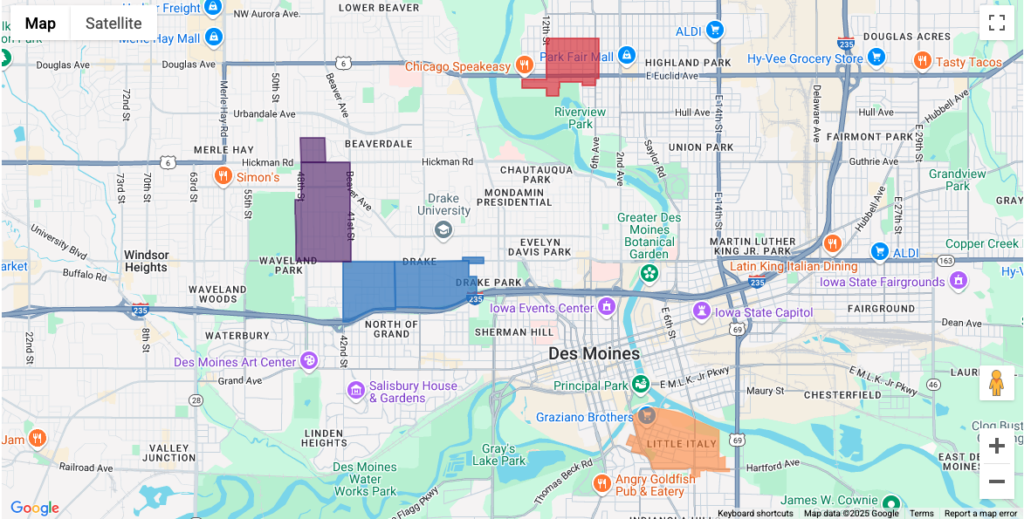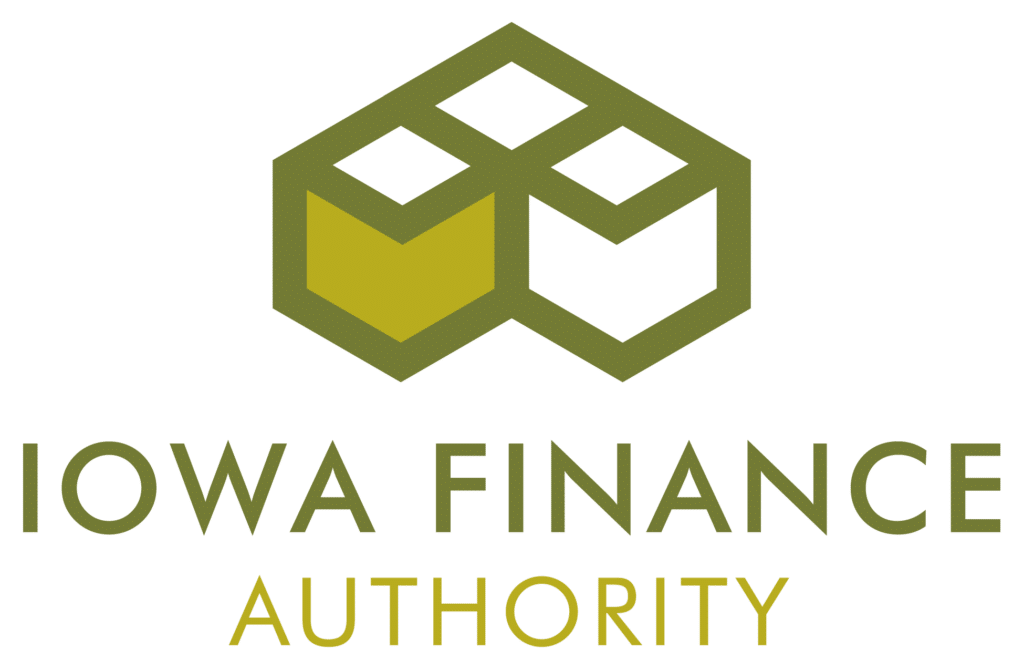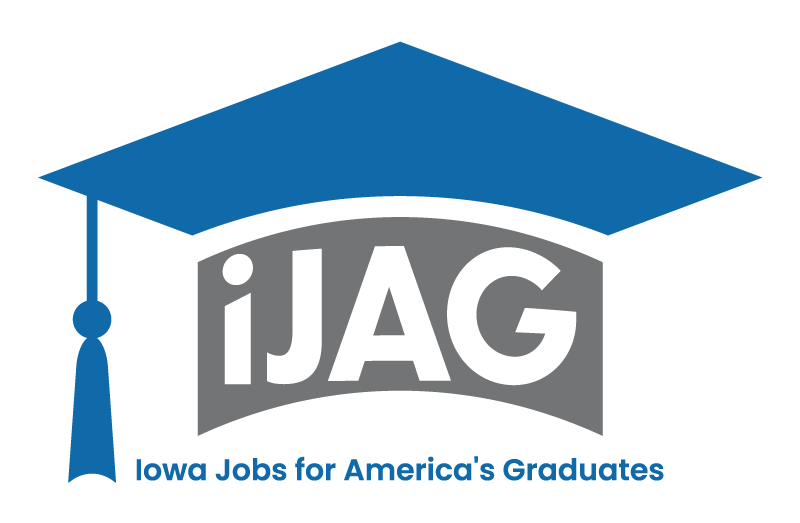Optimism levels off in Business Council’s Q3 survey as labor shortage, supply chain bottlenecks continue

MICHAEL CRUMB Oct 7, 2021 | 4:33 pm
2 min read time
454 wordsAll Latest News, Economic Development, Statewide NewsLabor challenges and supply chain disruptions continue to be a concern for Iowa companies, according to the Iowa Business Council’s third-quarter Economic Outlook Survey released today.
The third-quarter index is 65.41, down from 67.08 in the second quarter. Despite the decline, it was the fifth consecutive month of positive sentiment, indicating continued confidence in the state’s economic recovery from the coronavirus pandemic.
The index ranking is based on an average of a formula the Business Council uses to measure performance in sales, capital spending and employment over the next six months. An index score over 50 indicates positive sentiment.
The Business Council is a nonprofit, nonpartisan organization made up of 22 decision-makers of the state’s largest companies. The survey of council members was conducted for two weeks in mid-September.

“As they continue to impact Iowa’s economy, there is a natural leveling off in that sense of optimism as these things continue to linger,” he said. “While the optimism still remains, I think the contributing factors for a plateau or a little decline from where we were a quarter ago is the fact that these very large issues continue to have an overall impact.”
The biggest decline was in the employment index, which fell 2.5 points from the previous quarter, to 66.25.
One hundred percent of those responding reported that hiring remains somewhat difficult to very difficult, with more than 12,600 open positions across their companies. While 55% of those responding expect their workforce to grow, 40% don’t expect change in employment, the report showed.
“However, that does not mean these companies are happy with the status quo,” Murphy said. “Instead, they are coming to terms with the very real possibility that available jobs won’t get filled over the next six months.”
Sales expectations fell 1.25 points to an index score of 70, and the capital spending index also decreased 1.25 points, to a score of 66.25.
Of those responding, 70% forecast their sales in the next six months to be higher or substantially higher. Forty-five percent expect their company’s capital spending to be higher or substantially higher, with 40% expecting no change.
Murphy attributed those results to a natural plateau from the pent-up demand from earlier in the year.
“This economy, the demand has been so strong for so long there’s a natural plateau effect, but it’s still very much in that optimistic frame of reference,” he said, citing the still high index scores for sales and capital spending.








